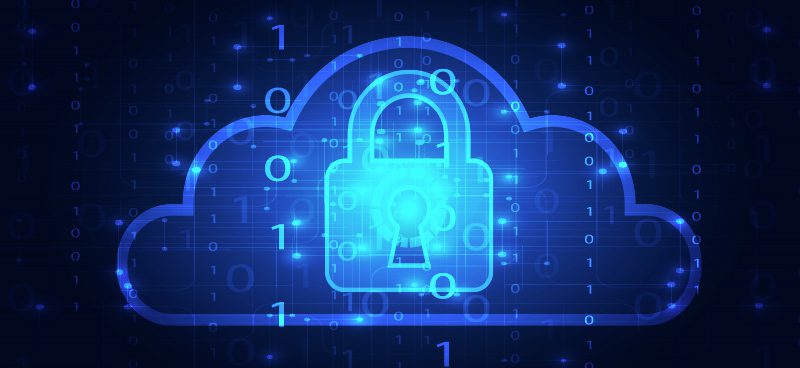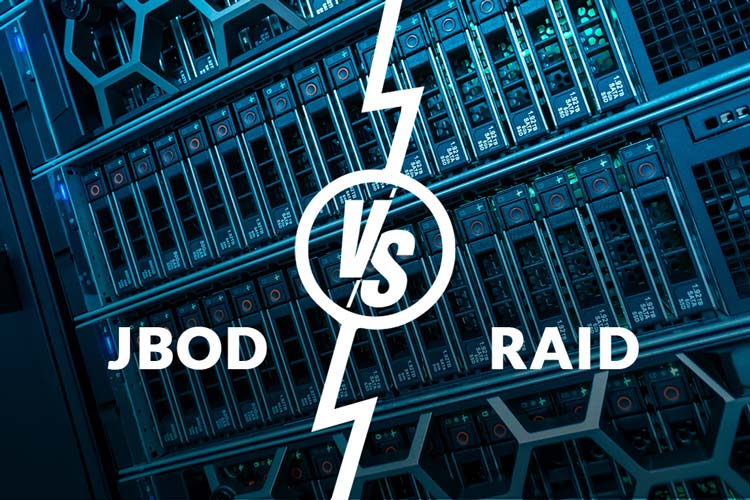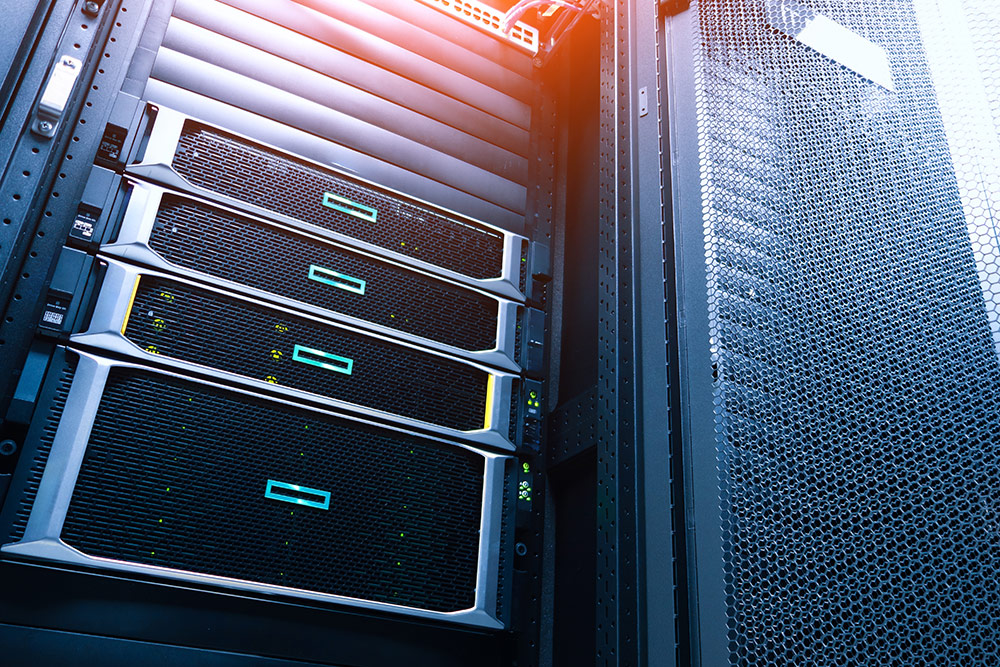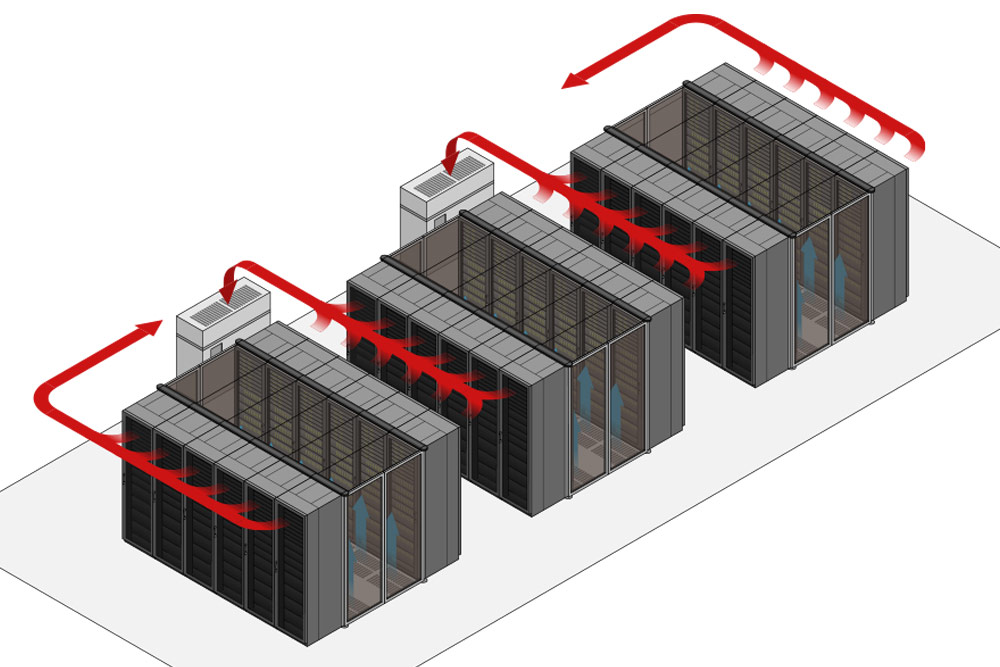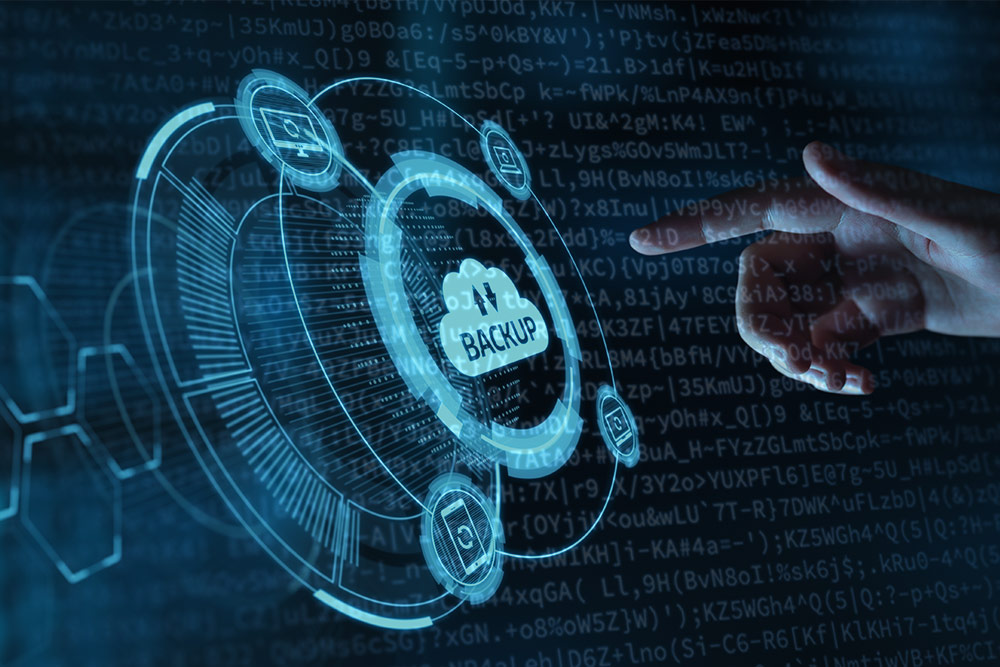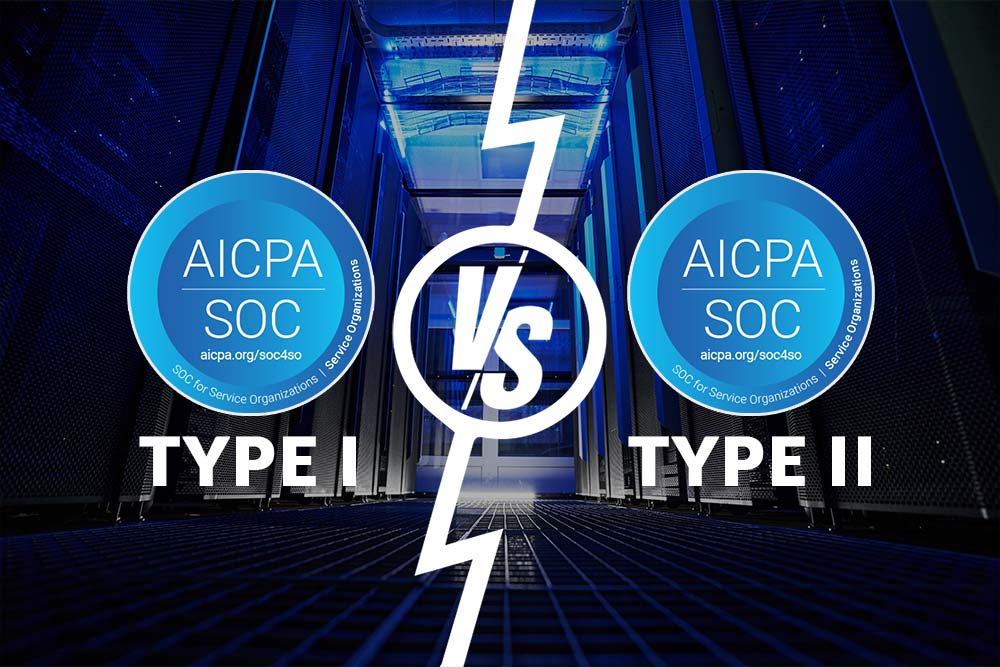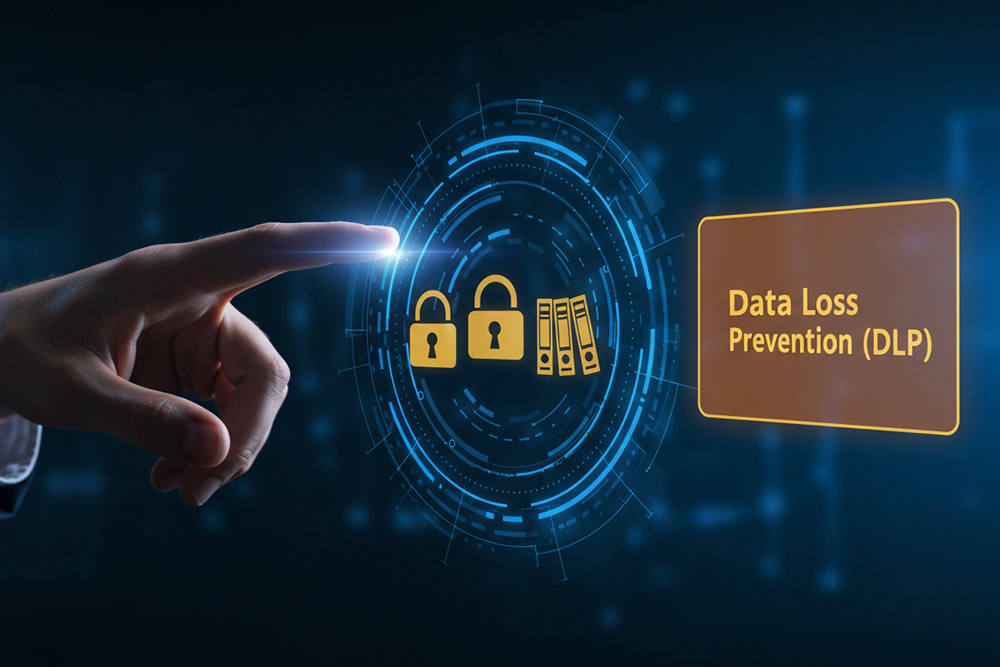A public cloud is one that is housed at a third-party location away from the company site. A private cloud, in turn, is a cloud system that is hosted at the private company site. A hybrid is a combination of both public and private. There are pros and cons to the public and private sites. A hybrid site has the advantages and disadvantages of both? While many businesses are seeing the wisdom of public sites, the majority of clouds are currently private.
Key considerations
Public clouds do not require a capital investment by the business. Instead, the business buys server space from an outside party. Third-party servers usually share their servers with other tenants.
Private clouds do require a lot of money to get started and a lot of technical expertise by the in-house IT staff, or additional money for outside consultants. There is only one tenant who owns and runs the servers.
Some of the major considerations in deciding between private and public clouds are:
- Security. A private cloud offers more control over security because everything is done in-house or outsourced to a security provider. Public clouds share their storage with other tenants, making the information vulnerable to breaches by those other tenants. There is a strong trade-off, though. In-house security IT can find it hard to keep up with all the latest types of malware and security attacks. A public cloud is managed by an outside company that normally has much more expertise on the latest types of cyber-threats and the techniques needed to combat them. Third-party providers can provide DDoS (Distributed Denial of Service) protection, secure transmission methods, and other infrastructure, networking, and security advantages.
- Cost. Private clouds require daily operating and maintenance costs in addition to the initial capital expenditure. Unless the IT department is especially adept at cloud technology, the cost of training, operation, and maintenance can be much higher than leasing a public cloud.
- Scalability. With a public cloud, it’s much easier to scale the IT needs of the company so that the business is only paying for what it really needs. If the company grows, the public cloud can be expanded. With private clouds, expansion can be much more difficult and more expensive.
- Access. Access to data is normally faster in a private cloud because the information doesn’t have to travel as far – but only if the user is accessing the data from the company site. In a public cloud, information and site access from around the globe is generally quicker than global private cloud access.
- Continuity. With public clouds, if there is a cyberattack, the cloud provider should be able to restore services quickly because cloud providers are prepared for emergency attacks. Systems are routinely backed up so that, when disaster strikes, a backup can readily be installed – preventing loss of customers, and ensuring the preservation of data. The ability of private clouds to restore operations depends on the skills and preparation of the individual IT departments.
- Compliance. Some industry sectors, such as healthcare and finance, have strict compliance laws that forbid the sharing of data. For example, HIPAA (Health Insurance Portability and Accountability Act of 1996) is a law that prohibits sharing of electronic patient records. For these sectors, a third-party site that is private is a viable option. Private clouds aren’t shared, so they are generally good for avoiding compliance issues. But companies can also lease servers from a third-party data center under the condition that the company is the only tenant on the server.
Talk to a professional cloud service provider to learn the best options for your company
Whether private or public, clouds selection should be based on the type of business, the number of locations the business has, which customers are likely to access the business, and many other criteria. If the data being accessed is employee information or data that requires government compliance, then a private cloud may be better suited. Public clouds are good for businesses that are targeting customers nationwide or worldwide, customers who need to access databases, and companies that don’t need to be local.
A Volico Cloud Computing professional is ready and able to assist you in choosing the right cloud for your company.
Ready to See How Volico Data Center Can Help You?
Got questions? Want to talk specifics? That’s what we’re here for.
Have one of our friendly experts contact you to begin the conversation. Discover how Volico can help you with your Cloud Hosting needs.
• Call: 888 865 4261
• Chat with a member of our team to discuss which solution best fits your needs.

